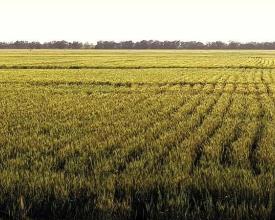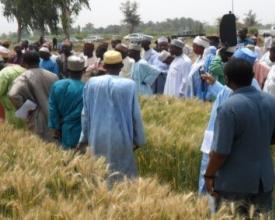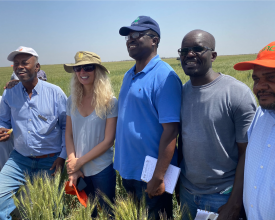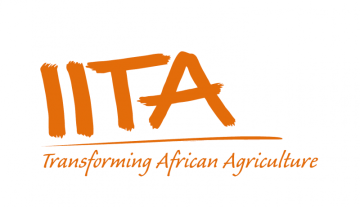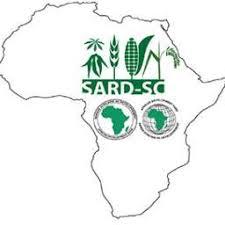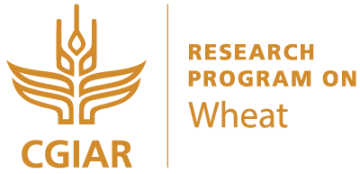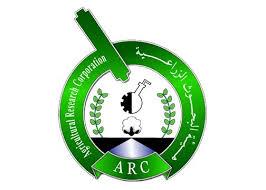
Development and out-scaling of high yielding and heat tolerant wheat varieties
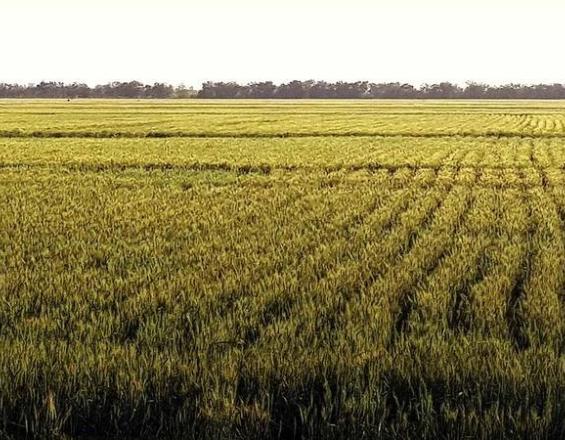
The International Centre Agricultural Research in the Dry Areas' (ICARDA) high yielding wheat varieties with resistance to extreme heat, drought and salinity and insect pests and diseases have been adopted throughout the Central and West Asia and North Africa (CWANA) and Sub-Saharan Africa (SSA) regions, both highly vulnerable to climate change. It aimed at achieving a widespread adoption and transformative impact in terms of enhancing productivity, farmers’ income, job creation, and value addition all leading towards attaining higher levels of wheat self-sufficiency.
Contexto
Défis à relever
Wheat is an important commodity in Sub-Saharan Africa for food security in terms of quantity and calories consumed. The average productivity is less than the global average due to heat, drought, salinity, soil acidity and rusts, insects, root diseases. Moreover, socio-economic constraints such as lack of access to input and output markets, poor rural infrastructure, and inconsistent government policy remain a major challenge. All these factors are exacerbated by climate change. Lack of awareness of improved wheat varieties and lack of access to quality seed in sufficient quantity, quality, time and affordable price is wide. Wheat consumption is increasing as a result of a growing population and an urbanization trend. The ever-widening gap between local production and consumption has created a shortfall that is primarily met by imports, draining the local economy.
Ubicación
Procesar
Summary of the process
The collaborative nature of both participatory field trials and innovation platforms provide support to the development of heat-tolerant wheat varieties and their adoption effectively and efficiently. Since there are many stakeholders and participants at the IP sites, it is important to have pre-selected and evaluated technologies (varieties and crop management techniques) so that it will be simpler to evaluate and promote the best-bet technologies.
Building Blocks
Elite yields trails and participatory engagement from farmers
Carried out in three hub countries (Ethiopia, Sudan, Nigeria) and participatory variety selection were carried out speeding up the release of the varieties for farmers in dire need of improved wheat. During R4D and testing of the heat-tolerant varieties, ensuring their successful production in-situ. International Center Agricultural Research in the Dry Areas carried out training, demonstrations, out-scaling of integrated systems’ approach alongside a package of interventions – production capacity and seed systems, including land preparation, integrated pest management and efficient irrigation and improved crop management practices. It included participatory engagement of farmers and testing of the heat-tolerant varieties, ensuring their successful production in-situ. Elite yield trials were implemented in three countries and participatory variety selection speeded up the release of the varieties for farmers.
Enabling factors
- Shuttle breeding
- Marker-assisted selection
- Key location phenotyping
- Fixed genotypes were phenotyped for different agronomic traits
- Targeted crossing blocks characterized both at molecular and morphological levels were assembled
- Elite genotypes were identified and assembled into yield trials and evaluated using participatory variety selection
- Training was given to breeders of the three hub countries.
Lesson learned
- The phenotyping platforms are key regional labs which played for the development of the germplasm.
- The participatory approach and training contributed for creating understanding, enthusiasm, and encouragement.
- The process enabled to speed up variety releases.
Innovation Platform
The solution was also accompanied by an innovation platform (IP) that helped on guiding principles to adopting the solution. The platform includes clusters of wheat growing farmers, private and public seed producers, agri-input suppliers, extension services, NARS researchers, rural micro-finance institutions, agricultural banks, policymakers and other stakeholders come together to network, learn and discuss the process across the value chain from production to marketing.
Enabling factors
- High participation of institutions involved
- Diversity of institutions
- Groundbreaking approach as related to innovation
- Private sector engagement
Lesson learned
The Innovation Platform approach enabled to bring multiple stakeholders together. It enabled rapid technology development, promotion and diffusion and allowed the production of complementary innovation to accompany the solution in its development.
Impacts
- Technology deployment: Since 2012 more than 60 bread wheat varieties of ICARDA or CIMMYT origin have been released by national wheat programs in these regions and in SSA more than 30 high yielding and heat-tolerant wheat varieties of ICARDA origin were released since 2013.
- High yields: ICARDA wheat varieties are early maturing (90-100 days) with high biomass, high yield potential even under heat-stressed environments, and good bread-making quality (14-15% protein content). Average wheat productivity reached 3 tons/ha at national level and 4.1 tons/ha.
- Accelerated seed multiplication and delivery: The innovation included partnerships with 58 public sectors, private sector, seed producer cooperatives producing about 145,176 tonnes of seeds reaching about 1.5 million farmers in target countries.
- Self-sufficiency: Sudan almost reached 50% self-sufficiency with the record wheat production in 2019/20 cropping season.
- Women participation: More women and youths were reached through the establishment of business-centres that promote rural entrepreneurship, and access to credit facilities for inputs (seed, fertilizers, and agrochemicals) for both smallholder and large-scale farmers was improved.
Beneficiaries
The high yielding and heat-tolerant wheat varieties increase the economic viability of small and medium-sized farms of low-income farmers.
Sustainable Development Goals
Story
Sudanese farmer Hachem Ahmas Salam has worked with wheat fields for over 20 years and said that through this solution: “My increase in income from TAAT-project supplied wheat allowed me to send my two children to Khartoum to study at a private university”.


